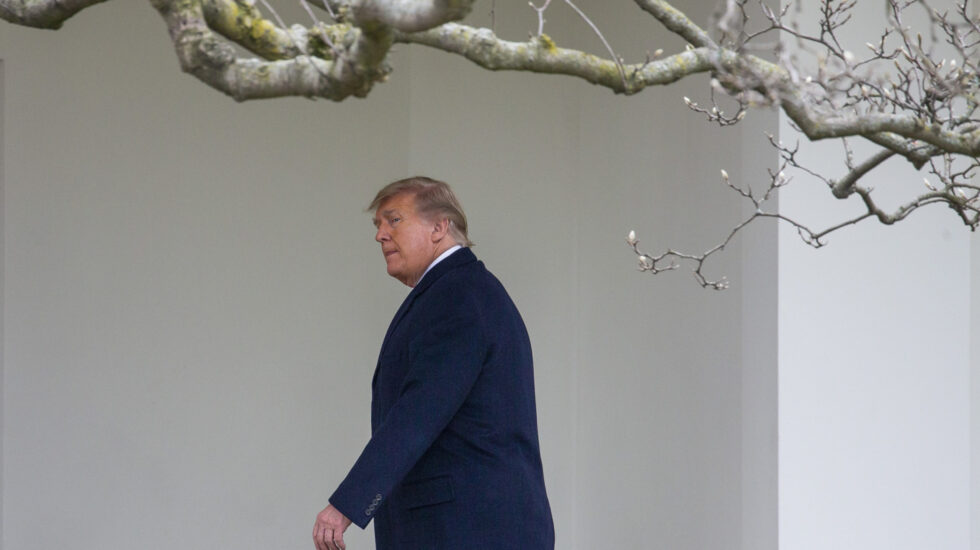Every day seems to bring new details about former president Donald Trump’s desperate attempts to stay in power. We also keep learning about how former acting Attorney General Jeffrey Rosen and the DOJ worked overtime to shoot down the increasingly far-fetched strategies of Team Trump to derail the 2020 election.
Politico is reporting that during Rosen’s testimony before Senate investigators last weekend, he described a phone call with Trump in December where the then-president asked about a conspiracy theory-fueled legal complaint led by attorney Kurt Olsen, who had represented Texas in a failed lawsuit earlier that same month that sought to overturn Trump’s loss.
Here’s what Politico wrote about the legal challenge Trump asked Rosen about:
The complaint, modeled on the Texas suit, would have urged the Supreme Court to declare that the Electoral College votes from six key swing states lost by Trump “cannot be counted” because of baseless allegations of fraud, and for the justices to order a “special election” for president be held in those states.
Rosen didn’t find Olsen’s arguments persuasive. He had already been in touch with the Texas lawyer, emails previously released by House investigators show, and challenged him to come up with Supreme Court precedents backing up his case.
Rosen told the Senate committee he appeared before that he managed to convince Trump the lawsuit wasn’t a good idea, according to sources. This is important to note, because if Trump was persuaded that the lawsuit had no legal merit, it shows that all those times he claimed to his supporters that the courts let them down, he knew he was lying.
Much like how Rosen and top deputy Richard Donoghue blocked Trump loyalist Jeffrey Clark and his 11th hour gambit, these previously unknown details reveal just how hard some within the DOJ had to work to keep the department from being dragged into the Trump White House’s election-tampering schemes.
It’s no wonder the House Select Committee investigating January 6 wants to zero in on how Trump’s attempt to overturn the election played a hand in the riot at the Capitol. Rosen’s in-depth recollections from the weeks leading up to the Insurrection seem likely to play a key role in their probe.
